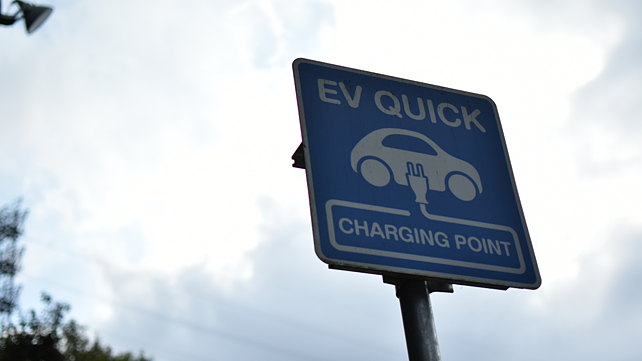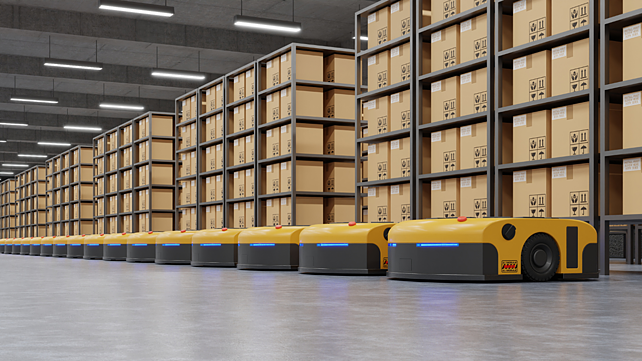
Logistics companies are investing in Electric Vehicles (EVs) to make their businesses sustainable and cost-effective. However, there are challenges in their journey to be a part of the EV revolution in India. Is this the right time to adopt EVs in the Logistics sector?
EVs are the future without a doubt, as they are environment-friendly, aimed at lowering fuel consumption and pollution levels and are the perfect fit for the upcoming 100 smart cities in the country. According to a report released by NITI Aayog and Rocky Mountain Institute, India’s logistics cost can drop by 4% of the country’s GDP and can achieve 10 GT of CO2 savings by 2030 with the implementation of clean technologies, which includes EVs.
These numbers look achievable as logistics companies across the country are today placing high stakes on the adoption of this sustainable transportation model. Logistics majors such as Amazon, DHL and Mahindra Logistics have already announced their plans to invest in a fleet of EVs in the coming years given the potential this move holds.
However, there is still some time for these to hit the right spot for logistics companies, where these can become a cost-effective model of transportation. Most of the logistics companies today are using EVs, but only for last-mile deliveries given that there are certain challenges when it comes to delivering long distances on a single charge.
Let’s discuss the need of the hour that can fuel the growth of EVs in the logistics sector in India.

Charge it up
Single-charge run is one of the biggest challenges that EV manufacturers need to work on. Right now, the charging levels are unpredictable and only limited to short trips. Hence, using EVs can negatively impact delivery timelines in case of long truck journeys that can go beyond 400 km. With a limited journey span of 200-300 km, logistics companies are utilising EVs for last-mile or intra-city deliveries, where the journey duration is less than a day.
A wider network of infrastructure
Although EVs have made their way into the Indian automobile industry, the most critical need of the hour is infrastructure. This includes charging stations at short distances, and availability of service stations within cities as well as highways. Recently, the government announced that it aims to set up e-charging kiosks at over 69,000 petrol pumps across the country. These kiosks can build confidence in logistics companies to further up their investment in EVs.
Cost-effective ownership
The limited production of EVs has made ownership of a fleet of EVs singularly by supply chain companies an expensive affair. Currently, most of the supply chain companies are practising shared mobility in the case of large commercial vehicles or buying smaller vehicles (two and three-wheelers) for last-mile deliveries.
Shared mobility ensures that logistics companies collectively can fetch a good ROI for using EVs in transportation. However, shared mobility is also seen as an opportunity to boost the use of EVs, reveals an IBEF report on the automobile industry in India. According to the report, India is expected to become a market leader in shared mobility by 2030.

More OEMs, better technology
Increasing the use of and demand for EVs in India is highly dependent on the growth in the production of these vehicles, along with technological advancements. More OEMs investing in EV production units will have a direct impact on the cost of these vehicles making these affordable for almost every logistics company and not limit these to large players. Additionally, technological advancements ensure long-distance journeys and faster-charging capabilities.
There are many challenges that need to be surpassed to make EVs cost-effective and successful adoption for logistics companies. To begin with, the first step of using EVs for last-mile logistics has been successfully taken towards the adoption of this environment-friendly transportation system.
For greater penetration in the future, the need for more user-friendly policies, technological advancements, set-up of on-road infrastructure such as charging stations and a stronger network of OEMs will be required. These together can bring EVs to the centre stage in the logistics transportation network of India.
About the Author: Udbhav Rai is the Co-founder of FleetX, a start-up with a mission to completely disrupt the fleet management industry with AI & IoT.